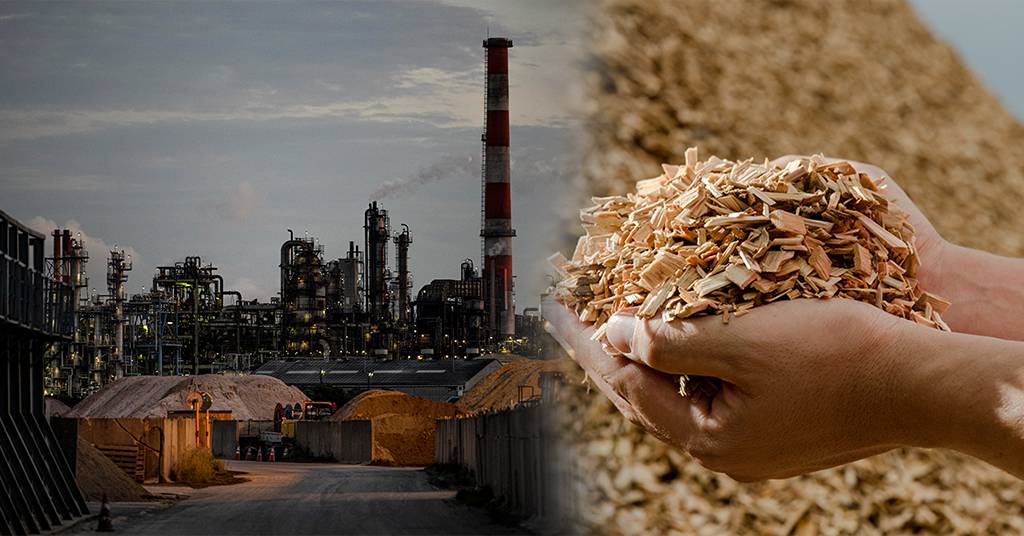Welcome To ChemAnalyst

Europe: The European Commission has announced that Ethylene Oxide will now be classified as a pesticide and subjected to mandatory testing. This move comes in response to numerous recalls stemming from the substance's use in recent years.
Starting in 2023, European countries will be required to collect and analyze samples of certain foods for the presence of Ethylene Oxide. The substances to be tested for in each year are as follows: dried beans, rye, and rice in 2023, wheat in 2024, barley and oats in 2025, and dried beans, rye, and brown rice once again in 2026. The selection of samples will be done on a random basis.
To guarantee adherence to the highest residue levels of pesticides and to evaluate the quantity of pesticide residues found in plant and animal-based food products, member states must provide information on the previous calendar year by the close of August each year.
In September of last year, sesame seeds from India were found to contain Ethylene Oxide. Subsequent testing revealed the substance in a variety of other raw materials including herbs, spices, and locust bean gum - a common thickening agent used in many food products such as ice cream. European regulations do not permit the use of Ethylene Oxide as a disinfectant for foodstuffs. This discovery led to at least six meetings at the European level as several countries expressed dissatisfaction with the handling of the situation. Ultimately, it prompted the largest food recall operation in the history of the EU.
The EU Commission has taken action to tighten official controls on certain imported foods in response to recent events. Consequently, new regulations have been introduced which apply to a range of products and countries, including vanilla extract from the United States, locust bean products from Morocco and Malaysia and calcium carbonate from India.
This move follows a shift in approach by EU countries in the summer of 2021, from a zero-tolerance stance to a more nuanced one regarding products that contain Ethylene Oxide. Under the new rules, companies are required to check whether Ethylene Oxide is present in the final product if it is identified in a raw material. Only products found to contain excess levels of the substance are subject to consumer recalls, resulting in a marked reduction in the total number of recalls although a few still occurred in 2023.
Starting in 2024 and lasting until 2026, the latest EU regulation now encompasses the analysis of over 100 pesticides found in various plant-based products. Popular food items such as bananas, melons, tomatoes, onions, and carrots may feature substances such as Chlorpyrifos, Glyphosate, and Folpet.
Meanwhile, around 30 different pesticides will be screened for in animal-based products such as chicken eggs, cow's milk, and poultry fat. Some of the pesticides that will be scrutinized include DDT, Fipronil, and Lindane.
According to the new regulations, every member state is required to collect and examine 10 processed cereal-based baby food samples in 2024. Following this, in 2025, attention will shift to 10 samples of nutritious foods for infants and young children, excluding follow-on formula, infant formula, and processed cereal-based baby food. In 2026, testing must take place on five samples of both follow-on formula and infant formula.
We use cookies to deliver the best possible experience on our website. To learn more, visit our Privacy Policy. By continuing to use this site or by closing this box, you consent to our use of cookies. More info.
